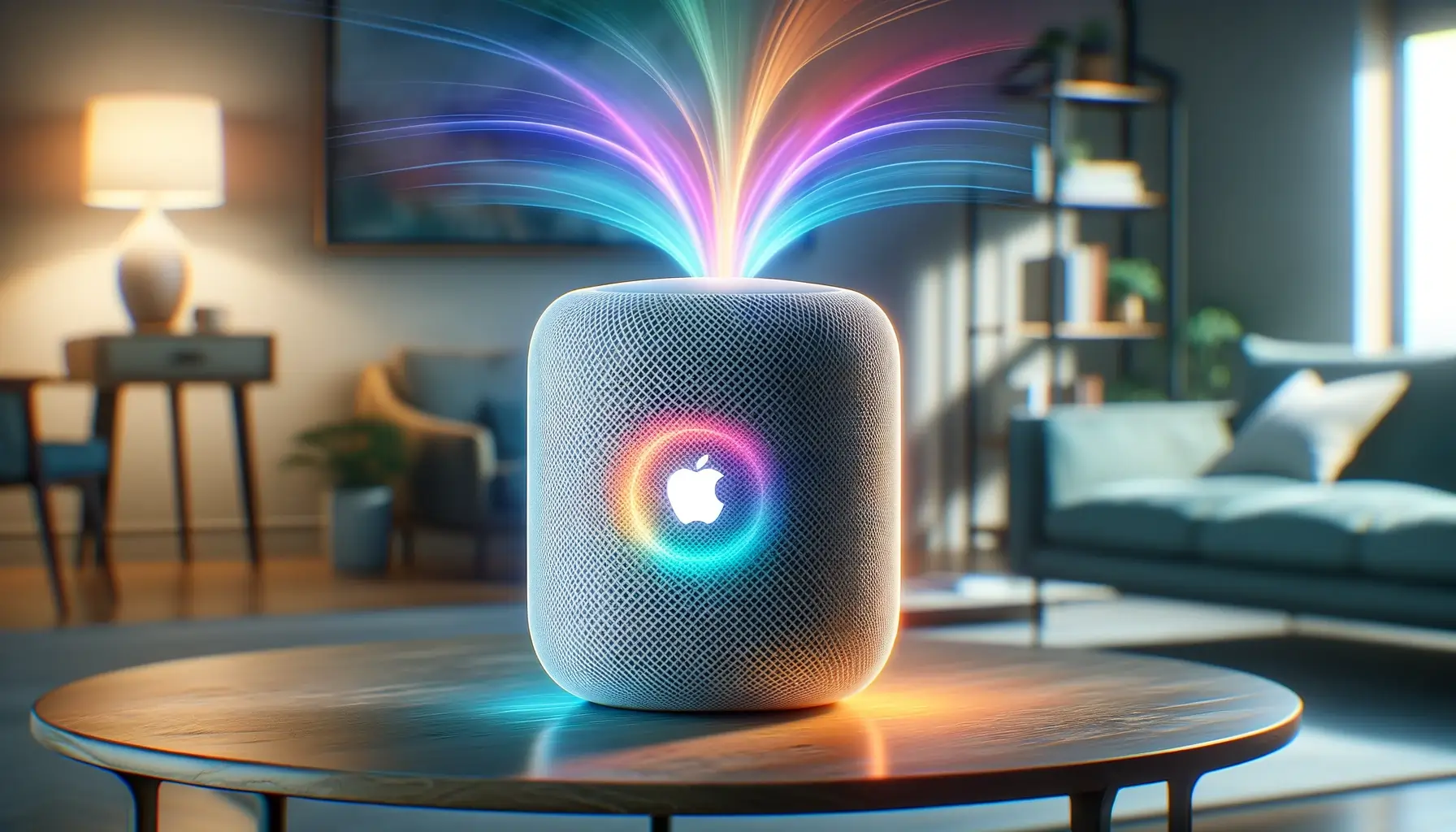Apple is poised to reveal its ambitious plans for artificial intelligence (AI) integration at the upcoming Worldwide Developers Conference (WWDC) from June 10 to June 14. The company’s new initiative, dubbed “Apple Intelligence,” aims to revolutionize its suite of products with advanced AI capabilities.
According to a report from Bloomberg, Apple will introduce a hybrid approach that combines onboard hardware with cloud services to power AI functionalities across iPhone and iPad devices. This strategy is designed to enhance consumer privacy by utilizing discrete hardware for tasks such as predictive text and typing suggestions, while relying on cloud services for more complex generative AI features.
Collaborating with OpenAI
One of the most notable aspects of Apple’s AI strategy is its partnership with OpenAI. Apple plans to integrate ChatGPT into its ecosystem, leveraging OpenAI’s advanced models to deliver robust generative AI capabilities. This collaboration is particularly intriguing given OpenAI’s existing partnership with Microsoft for cloud services.
Siri’s Transformation
A major highlight of the WWDC announcement is the significant upgrade to Siri, Apple’s virtual assistant. Once a pioneer in the field, Siri has fallen behind competitors like Samsung’s Bixby, which has already incorporated modern generative AI technologies. The new version of Siri will be equipped with enhanced capabilities, allowing it to perform personalized tasks such as deleting specific emails and editing photos based on detailed user instructions.
Mixed Reactions to ‘Apple Intelligence’
Despite the promising features, the announcement of “Apple Intelligence” has received mixed reactions. Many pundits, consumers, and analysts have criticized the nomenclature, expressing disappointment with Apple’s perceived late entry into the AI race. The general sentiment on social media has been largely negative, as highlighted by tech influencer Mario Nawfal on X:
“Mario Nawfal @MarioNawfal: Apple’s ‘Apple Intelligence’… Really? This is what we’ve been waiting for? Feels like they missed the mark.”
🚨🇺🇸APPLE'S NEW AI REBRAND: "APPLE INTELLIGENCE"
Worst. Ai. Name. Ever.
Apple is set to unveil "Apple Intelligence" at its WWDC, marking its major entry into modern AI with the lamest name in the history of names.
It sounds like a 3-letter agency is behind it, and they aren't… pic.twitter.com/PADBhnxfd6
— Mario Nawfal (@MarioNawfal) June 7, 2024
Apple’s AI Journey: A Late Bloomer?
Apple’s foray into generative AI comes at a time when competitors like Microsoft and Google have already established themselves as leaders in the sector. The launch of OpenAI’s ChatGPT set a high bar, prompting many to speculate that Apple was falling behind in AI innovation. Until now, Apple has remained relatively silent on its AI developments, causing concern among its user base and industry observers.
The Road Ahead for Apple
As Apple prepares to integrate AI-generated emojis, a revamped Siri, and the broader “Apple Intelligence” initiative into its products, the company hopes to regain its footing in the competitive tech landscape. These developments are crucial for maintaining Apple’s position as a market leader and addressing the growing demand for sophisticated AI functionalities.
Apple’s WWDC 2024 is set to be a pivotal moment for the company as it unveils its long-awaited AI strategy. While initial reactions to “Apple Intelligence” have been lukewarm, the successful implementation of these technologies could solidify Apple’s standing in the AI domain and ensure its continued dominance in the market. The integration of advanced AI features, particularly through the collaboration with OpenAI, positions Apple to make significant strides in the rapidly evolving tech industry.

